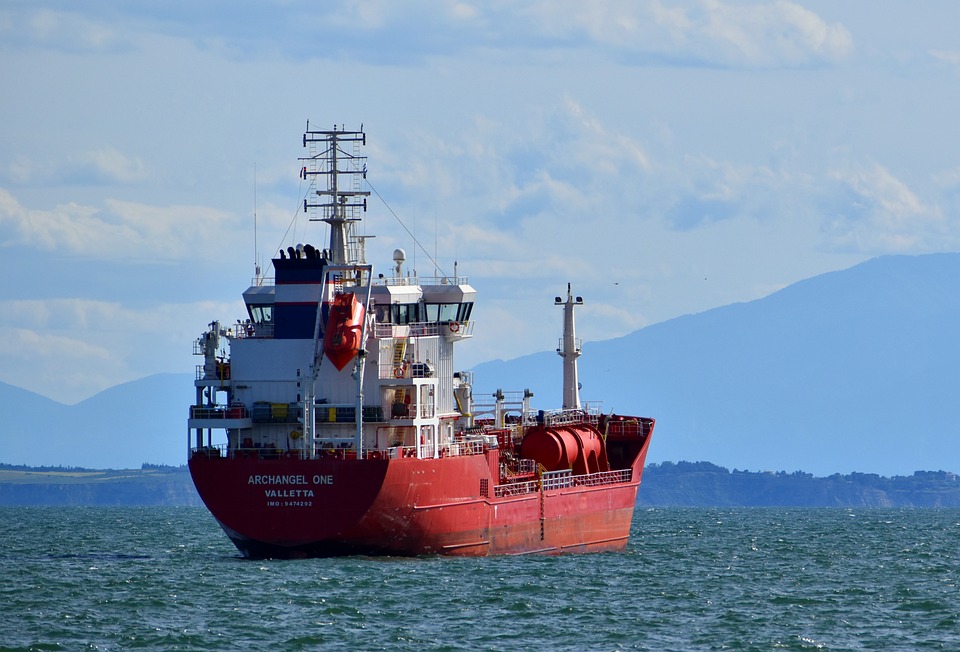
The Importance of Trade Routes in History
Trade routes have played a crucial role in shaping the course of human history. From ancient times to the present day, the exchange of goods and ideas has connected people across continents, facilitating economic growth and cultural exchange. The evolution of trade routes has not only influenced the development of societies, but has also led to the rise and fall of empires.
Ancient Trade Routes: From Caravans to Silk Roads
One of the earliest trade routes in history was the Silk Road, which connected the East and West through a network of overland and maritime routes. The Silk Road served as a conduit for the exchange of silk, spices, and other luxury goods between China, India, Persia, and the Roman Empire. Caravans of merchants traveled along the route, crossing deserts and mountains to reach their destination.
Another important ancient trade route was the Trans-Saharan trade route, which connected North Africa to West Africa. This route facilitated the exchange of gold, salt, and other goods between the Mediterranean region and sub-Saharan Africa. Caravans of merchants and traders crossed the vast Sahara Desert, braving harsh conditions to reach their trading partners.
The Age of Exploration: From Columbus to Vasco da Gama
The Age of Exploration in the 15th and 16th centuries saw the expansion of trade routes to new regions of the world. Explorers such as Christopher Columbus and Vasco da Gama discovered new sea routes to Asia, Africa, and the Americas, opening up new opportunities for trade and commerce.
One of the most important trade routes of this era was the Triangular Trade, which connected Europe, Africa, and the Americas. European merchants traded goods such as textiles, weapons, and alcohol for African slaves, who were then transported to the Americas to work on plantations. The profits from this trade fueled the growth of the European colonial empires.
The Industrial Revolution: From Steamships to Railroads
The Industrial Revolution in the 18th and 19th centuries brought about significant technological advancements that revolutionized trade routes. Steamships replaced sailing ships as the primary mode of transportation, allowing for faster and more efficient trade across the oceans. Railroads were also built to connect inland regions to coastal ports, further expanding the reach of trade routes.
One of the most important developments of this era was the opening of the Suez Canal in 1869, which connected the Mediterranean Sea to the Red Sea, allowing ships to bypass the long and dangerous journey around the southern tip of Africa. This shortcut significantly reduced travel time and costs, making trade between Europe and Asia more accessible.
The Modern Era: From Airplanes to Container Ships
In the 20th and 21st centuries, advancements in transportation technology have further transformed trade routes. Airplanes have revolutionized global trade by allowing for fast and efficient transportation of goods across long distances. Cargo planes can carry large quantities of goods to any part of the world, making trade more accessible and efficient.
Another important development in modern trade routes is the use of container ships. These massive vessels can carry thousands of containers filled with goods, making it easier to transport bulk cargo across oceans. Containerization has streamlined the process of loading and unloading goods, reducing costs and increasing efficiency in global trade.
The Future of Trade Routes: From Digitalization to Automation
As we move into the digital age, the future of trade routes is being reshaped by new technologies such as digitalization and automation. E-commerce has transformed the way goods are bought and sold, allowing consumers to purchase products online from anywhere in the world. This has led to an increase in cross-border trade and the need for more efficient logistics networks.
Automation is also playing a growing role in the evolution of trade routes. Autonomous vehicles and drones are being tested for the delivery of goods, while blockchain technology is being used to streamline supply chain management and tracking. These advancements are leading to more efficient and secure trade routes, allowing for faster and more reliable delivery of goods.
In conclusion, trade routes have been essential to the development of civilizations throughout history. From ancient caravans to modern container ships, the evolution of trade routes has facilitated the exchange of goods and ideas across the globe, shaping the course of human history. As technology continues to advance, the future of trade routes will continue to evolve, creating new opportunities for economic growth and cultural exchange.